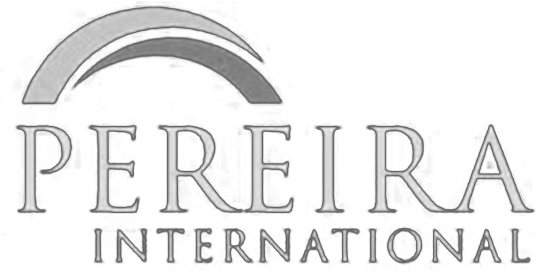Diplomatic coup for Bush if deal with Pyongyang is struck
NEWS ANALYSIS
NORTH Korea could well present the Bush administration with a chance for a major foreign policy victory.
In the face of a deepening quagmire in Iraq, an agreement by Pyongyang to disable and declare its nuclear weapons programme by the end of this year offers a glimmer of hope for President George W. Bush to stamp his legacy on the diplomatic front before he leaves office. A bellicose and pre-emption-obsessed stance by the administration has given way to multilateral negotiations and, more significantly, direct dealings with the rogue regime.
This is something the once powerful neo-conservative forces in Washington refused to accept.
But with the hardliners sidelined, and US Assistant Secretary of State Christopher Hill, the top negotiator, given more latitude to strike a deal, Mr Bush might well have found a formula to end the nuclear stand-off.
Critics have been gunning down his new approach, but there is little doubt that it is yielding some results.
After two days of talks in Geneva over the weekend, Mr Hill said North Korea had agreed to dismantle its main nuclear fuel production plant by the end of this year.
This was the first time Pyongyang had offered a timeline long sought by the United States and other countries.
It would also account for all of its controversial atomic programmes, including uranium enrichment, which Washington fears could be used to build nuclear weapons.
North Korean Vice-Minister Kim Gye Gwan confirmed the plan but did not mention any date.
“We made it clear, we showed clear willingness to declare and dismantle all nuclear facilities,” he said, stressing that Pyongyang would do this in return for “political and economic compensation”.
The North Korean Foreign Ministry yesterday said that the US had agreed to lift sanctions and remove North Korea from its list of states sponsoring terrorism, something Pyongyang has long sought. There was no immediate confirmation from the US.
In February this year, North Korea agreed with the US, South Korea, Russia, China and Japan to disable its nuclear programme in return for one million tonnes of fuel oil or the equivalent in economic aid. There were also security and diplomatic guarantees that included normalising ties with the US.
Following that agreement, North Korea shut down and sealed its Yongbyon plutonium reactor, including a reprocessing facility which US intelligence agencies believe made enough fuel for several atomic weapons.
Senior officials here argue that the negotiations are designed to test Pyongyang’s willingness to surrender its nuclear ambitions. If it sticks to the schedule, this is proof that the new approach is working. Much depends therefore on whether North Korea’s leader Kim Jong Il plays ball.
Mr Kim does not have a good record of keeping promises. His periodic policy flip-flops give cause for concern to hardliners who argue that diplomacy is buying him time to preserve and build up his nuclear programme.
Mr John Bolton, the former US ambassador to the United Nations and the top State Department official on counter-proliferation, wrote in the Wall Street Journal: “There is still simply no evidence that Pyongyang has made a decision to abandon its long-held strategic objective to have a credible nuclear weapons capability.”
Despite such criticism from Mr Bolton and others, what is palpable is that years of tension and deadlock over North Korea’s nuclear programme – which peaked with the country’s nuclear test last October – have started to ease in recent months as the talks have made progress.
Diplomacy is working. But the jury is out on whether Mr Bush has left it too late for North Korea.

